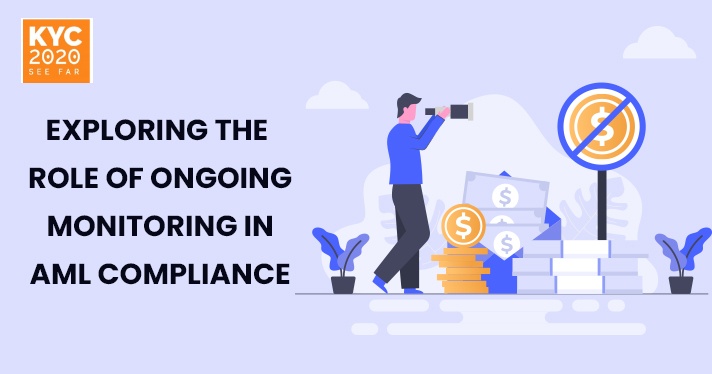Anti-money laundering (AML) is an important part of any business framework. It involves the detection and prevention of money generated from criminal activities such as fraud, bribery, and terrorism. AML is essential for protecting your business from these types of activities and ensuring that it is compliant with relevant regulations. In this blog post, we will explore some anti-money laundering best practices you can use to protect your business.
Know Your Customer (KYC)
The first AML best practice for financial institutions is to know your customer (KYC). KYC requires organizations to verify the identity of their customers and collect detailed information about them. This includes collecting basic information such as name, address, and date of birth, but also more sensitive data like source of funds and proof of identity. Additionally, KYC requires organizations to monitor customer activity closely in order to detect any suspicious activities or transactions on their accounts.
Ongoing Monitoring
The second AML best practice for financial institutions is ongoing monitoring. As mentioned above, it’s important to monitor customer activity closely in order to detect any suspicious activities or transactions on their accounts. This means regularly reviewing customer transactions, conducting risk assessments, and staying up to date on current AML regulations so that you can identify red flags quickly.
Transaction Reporting
Another important AML best practice is transaction reporting. Financial institutions are required by law to report any suspicious transactions or activities they detect through their ongoing monitoring process. To ensure compliance with this requirement, organizations should have a system in place for recording and submitting these reports in a timely manner.
Data Security
The fourth AML best practice is data security. Collecting customer information puts an organization at risk of data breaches and other cybercrime threats, so it’s important for them to invest in robust security measures such as encryption technology and access control systems in order protect their customers’ data from unauthorized access or misuse. Additionally, organizations should make sure they are compliant with all applicable data privacy laws when collecting and storing customer information.
Employee Training
The fifth AML best practice for financial institutions is employee training. It’s essential that employees understand the importance of following proper procedures when handling customer information and complying with applicable laws and regulations regarding money laundering prevention. Therefore, regular training sessions should be conducted in order to keep employees up-to-date on the latest anti-money laundering policies and procedures within the organization.
Independent Audits
The sixth AML best practice is independent audits conducted by external auditors who specialize in money laundering prevention efforts within the financial services sector.These audits provide an objective assessment of an organization’s current processes related to money laundering prevention as well as recommendations for improvement where necessary.
Having independent audits conducted periodically can help an organization stay ahead of potential issues related to money laundering before they arise.
Implement Compliance Programs
Finally, it’s important to have a robust compliance program in place to ensure that anti-money laundering laws are being followed at all times. Having a compliance program will help ensure that the proper policies and procedures are being followed by both employees and customers alike.
It should include measures such as screening customers for known criminals, conducting regular audits, training staff on AML laws and procedures, creating detailed records for transactions, and having appropriate reporting systems in place for suspicious activities.
How KYC2020 helps you stay compliant and successful
Anti-money laundering best practices are essential for protecting your business from criminal activities such as fraud and terrorism.
KYC2020’s DecisionIQ is an all-in-one platform for compliance that offers the best in class AML Data, Real-Time Screening Decisions, Efficient Case Management and Ongoing Monitoring services to make sure your compliance practices are effective and updated at the most affordable prices across the board.
By implementing a robust compliance program—you can ensure that your business remains compliant with relevant regulations while still providing excellent service to customers.







